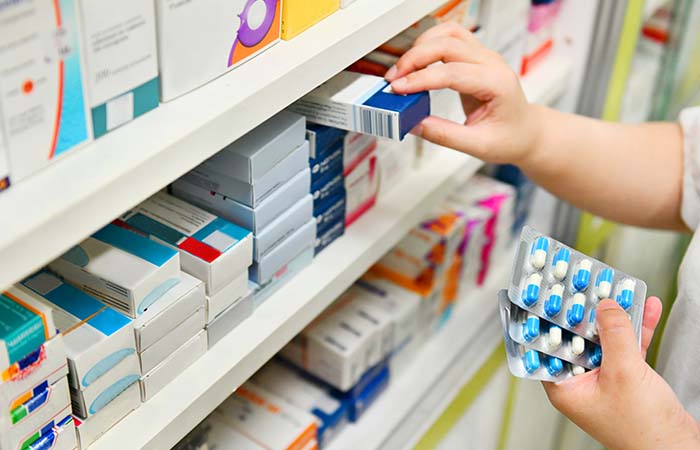BGMA warns of more medicines shortages
In Analysis
Follow this topic
Bookmark
Record learning outcomes
A further warning about the potential for the hike in the tax rebate paid by the pharmaceutical industry through the voluntary scheme for branded medicines pricing and access (VPAS) to exacerbate medicines shortages has been issued by the British Generic Medicines Association.
Speaking at the Healthcare Distribution Association (HDA UK) conference on Wednesday, BGMA chief executive Martin Samuels said: “The Government has taken it for granted that we go to our GP, get a prescription, go to the pharmacist, get the medicine and that will continue. But it’s under threat. We’ve seen shortages of HRT and antibiotics, but we are now seeing the shortage rate for medicines increase; in the Department of Health’s own data 44 per cent of shortages were for branded generics, that’s the highest rate it’s ever been. VPAS is critical for what happens over the medium term.
He said the Association had commissioned an independent survey from the London School of Economics and the Office of Health Economics which found that competition is more influential in delivering lower prices than any income from the scheme, which is designed to cap the growth in NHS spending on branded medicines, including branded generics and biosimilars, to no more than 2 per cent a year. However, “the research shows that the net impact of the high tax rate is an additional cost to the NHS. Where there is competition, it would reduce the NHS medicines bill to take those products out of the scheme,” Mr Samuels said.
“The calculation is that every one per cent increase in the VPAS tax increases the NHS medicines bill by £55m a year. This year’s rate (2022/23) is 26.5 per cent; in 2020/21 it was 5.1 per cent. At a 25 per cent tax rate, the NHS medicines bill over the next five-year scheme [due to start in 2024] increases by £7.9bn. That’s incredibly counter-productive. In what world can any business plan, invest, thrive, with a tax rate that is unpredictable and can increase more than five-fold in two years?”
He said that BGMA general managers and chief executives had gone on the record ‘in a big way’ about the changes to the scheme. “I can’t think of any other commercial or pricing example where one of the global chief executives of one of our members would put out a LinkedIn post about how he was going to rationalise medicines to the UK because of VPAS. It’s extraordinary.” Mr Samuels said the global CEO of Sandoz had done just that, and that view had been echoed in public, by the UK general manager of Teva, also on LinkedIn.
Modelling by economists for the BGMA showed that at a 30 per cent tax rate, half of all biosimilar licences would be considered for cancellation, 51 per cent of branded generic licences and 76 per cent of current biosimilar licences may be considered for a pause in supply, he added. “The medicines shortages risk is increased considerably by the current VPAS scheme.”
Mr Samuels reminded delegates that the sector was not exempt from inflation. The cost of some APIs had increased more than three-fold in the last year, shipping rates were up six-fold, air freight costs had tripled and by August last year, the cost of energy for medicines manufacturing was up 230 per cent. To add to the pressures, budget cuts at the Medicines and Healthcare products Regulatory Agency (MHRA) had delayed generic product launches, further reducing competition and plurality of supply.

